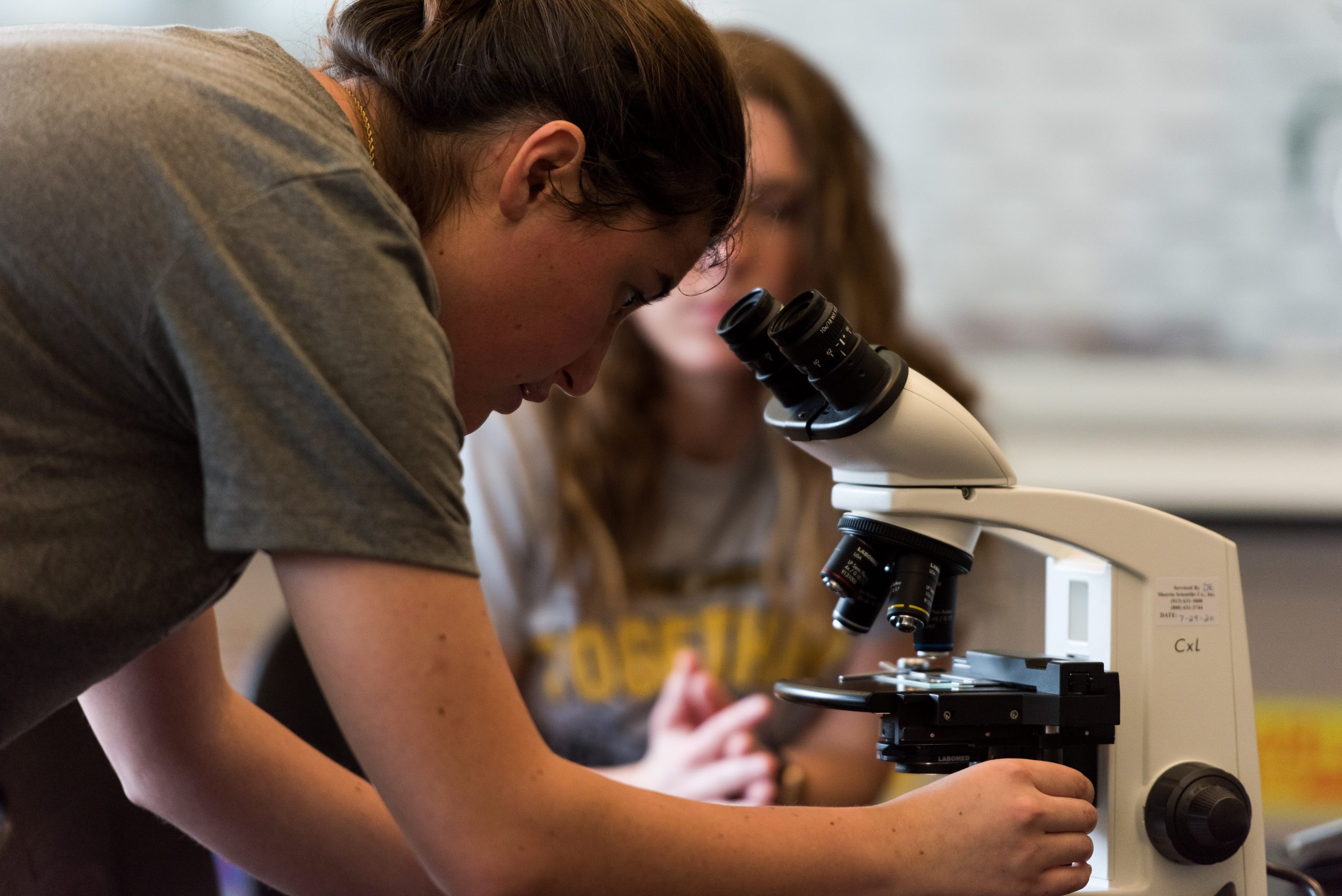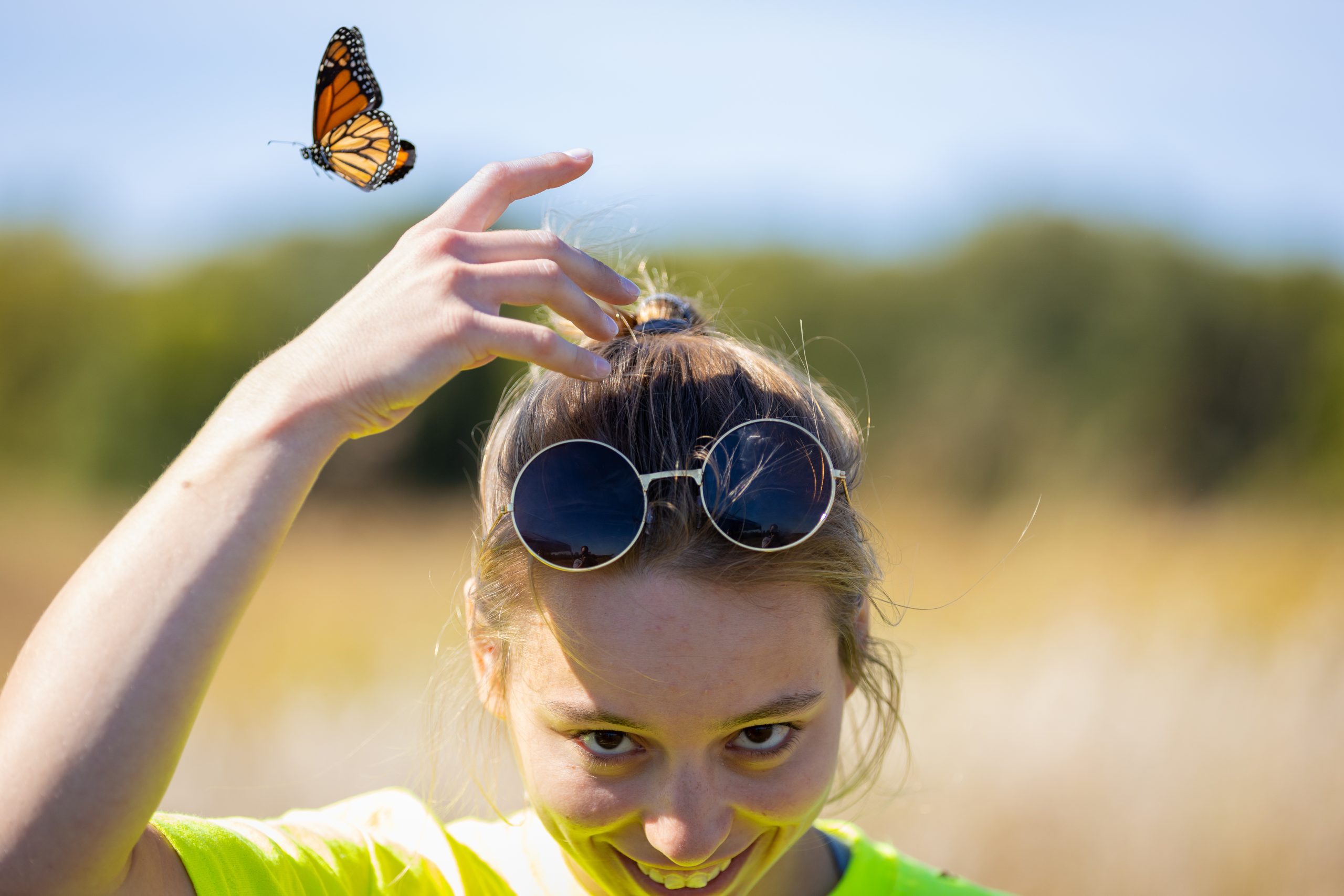References
Bauer, K.W., Bennett, J.S. (2003) Alumni Perceptions Used to Assess Undergraduate Research Experience. The Journal of Higher Education, 74(2), 210-230.
Hathaway, R.S., Nagada, B.A., Gregerman, S.R. (2002). The Relationship of Undergraduate Research Participation to Graduate and Professional Education Pursuit: An Empirical Study. Journal of College Student Development, 43(5), 1-18.
Hodge, D., Pasquesi, K. and Hirsh, M. (2007) From convocation to capstone: developing the student as scholar. Keynote address at the Association of American Colleges and Universities Network for Academic Renewal Conference, April 19-21, Long Beach, California.
Justice, C., Rice, J., Warry, W., Inglis, S., Miller, S., and Sammon, S. (2007). Inquiry in higher education: Reflections and directions on course design and teaching methods. Innovative Higher Education, 31(4), 201-214.
Kremer, J. F., & Bringle, R. G. (1990). The effects of an intensive research experience on the careers of talented undergraduates. Journal of Research & Development in Education, 24(1), 1–5.
MacPhee, D., Farro, S., & Canetto, S. S. (2013). Academic self-efficacy and performance of underrepresented STEM majors: Gender, ethnic, and social class patterns. Analyses of Social Issues and Public Policy, 13(1), 342-369.
Nagada, B.A., Gregerman, S.R., Jonides, J., von Hippel, W., Lerner, J.S. (1998). Undergraduate Student-Faculty Research Partnerships Affect Student Retention. The Review of Higher Education, 22(1), 55-72.
MacPhee, D., Farro, S., Canneto, S.S. (2013). Academic self‐efficacy and performance of underrepresented STEM majors: Gender, ethnic, and social class patterns. Analyses of Social Issues and Public Policy (ASAP), 13(1), 347–369.
Schneider, K., Kuperman, A., Watts, A., Barulich, D., Campbell, T. (2021). Tracking and Assessing Undergraduate Research Campus-Wide: Demographics, Academic Success, and Postgraduation Plans. Journal of the Scholarship of Teaching and Learning, 21(1), 107-119.
Seymour, E., Hunter A.B, Laursen, S.L., DeAntoni, T. (2004). Establishing the benefits of research experiences for undergraduates in the sciences: First findings from a three-year study. Science Education, 88(4), 493-534.
Shellito C, Shea K, Weissmann G, Mueller-Solger A, Davis W. (2001). Successful mentoring of undergraduate researchers: Tips for creating positive student research experiences. Journal of College Science Teaching, 30, 460-465.
Temple, L., Sibley, T.Q., & Orr, A.J. (2010). How to Mentor Undergraduate Researchers. Washington, DC: Council on Undergraduate Research ebook: https://books.google.com/books?id=56KcDwAAQBAJ
Resources
Council on Undergraduate Research (CUR)
CUREnet – Course-Based Undergraduate Research Experiences
Experiential Learning & Teaching in Higher Education (ELTHE) Journal
Journal of Applied Learning in Higher Education (JALHE)
National Science Foundation PUI Guidance
Scholarship and Practice of Undergraduate Research (SPUR)


